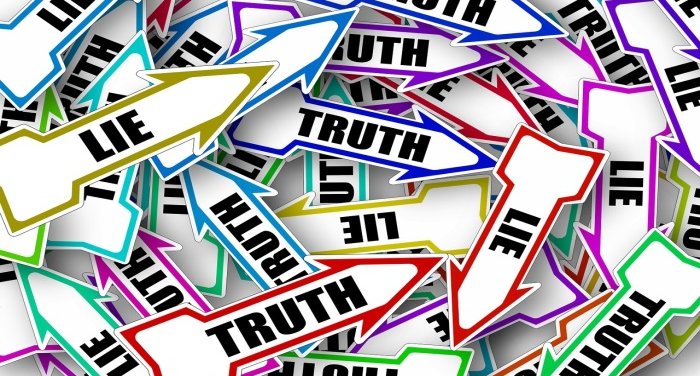
Why You Believe Lies You Hear More Often
Even if you think of yourself as a human lie detector, there are some untruths that will sneak under the hood. For that, you can thank your brain, and it’s absolute adoration for all things familiar, says Derek Thompson, senior editor at The Atlantic. One of the oldest findings in psychology history is the ‘mere exposure effect’, in which merely being exposed to something makes you biased toward it—parents influence their children by playing certain music around the house that they will love their whole lives, or they instill a political preference in them from an early age. You are drawn to what you know, and that bias really matters when it comes to digital media and the fake news phenomenon. Once something becomes memorable, we tend to conflate familiarity with fact. “This is one of the big reasons why it’s difficult to myth-bust on television or myth-bust in journalism, because sometimes the mere repetition of that myth biases audiences toward thinking that it’s true…” says Thompson. “The mere exposure of news to us biases us toward thinking that that news item is true.” Facebook has an enormous ethical responsibility in this, he says, because it is the world’s largest and most influential news outlet—whether it intended to be or not. Thompson believes there is no algorithmic fix for fake news that spreads via Facebook, only a human one: “The answer to a problem of a lack of human ethics in information markets is the introduction of more humans and more ethics,” he says. Derek Thompson’s latest book is Hit Makers: The Science of Popularity in an Age of Distraction. ![]()